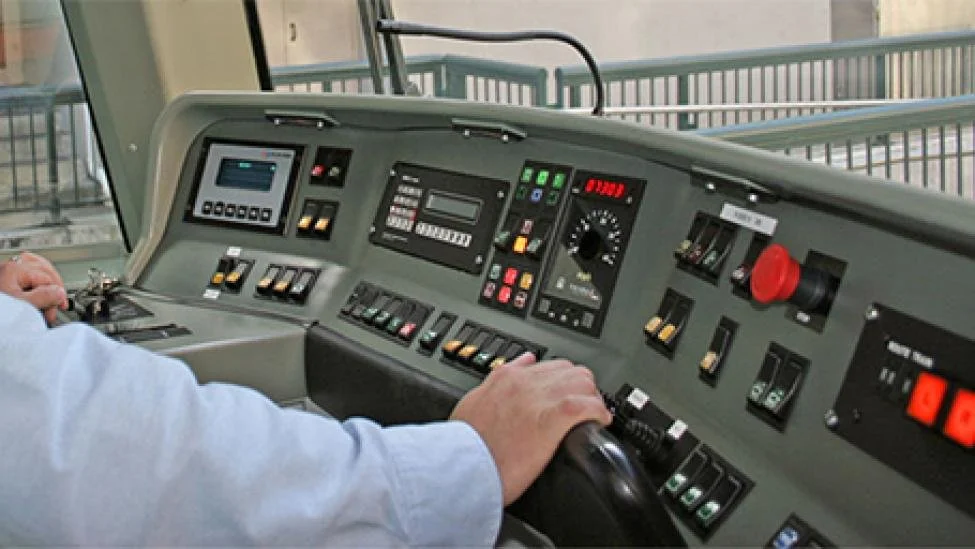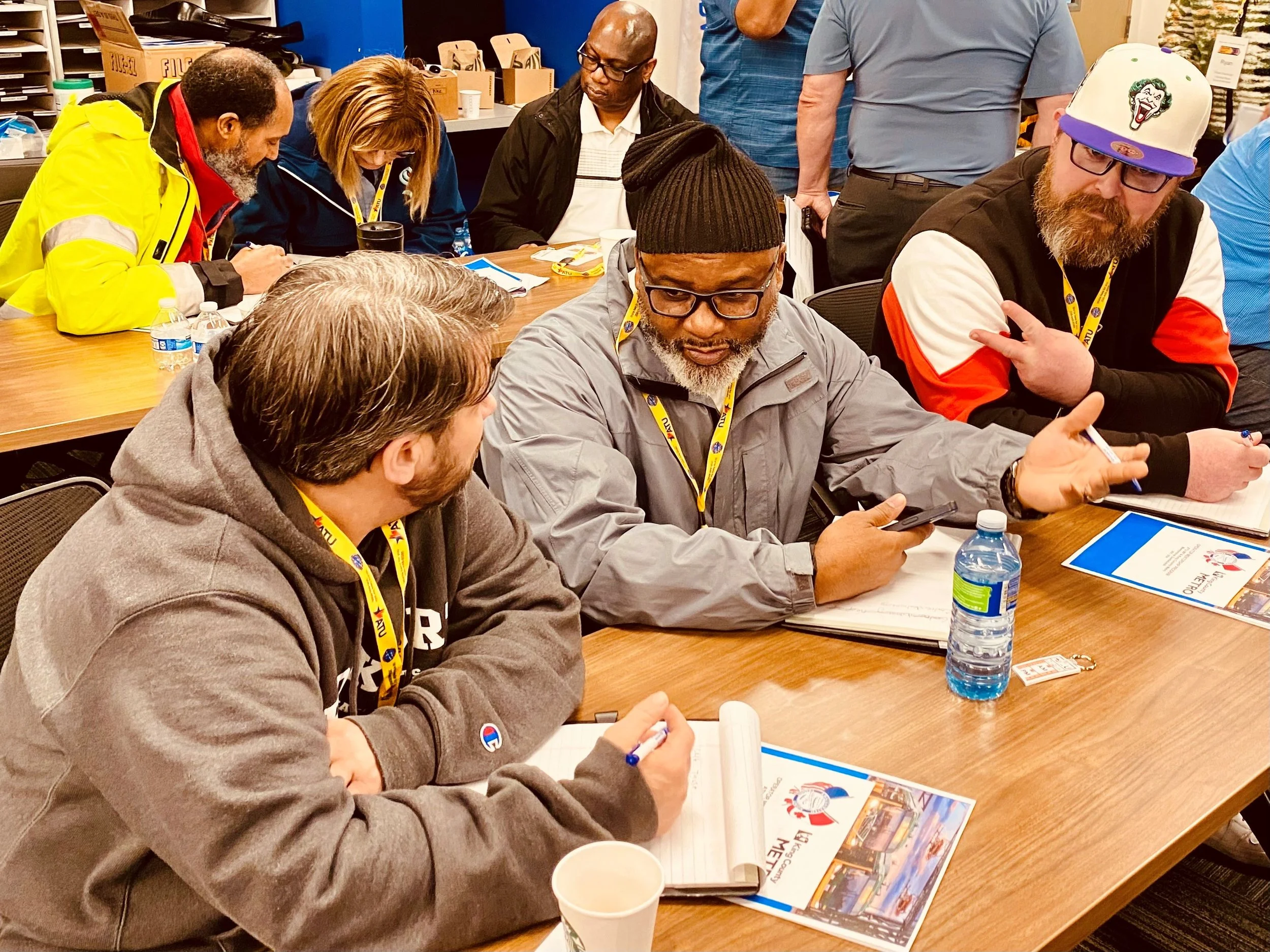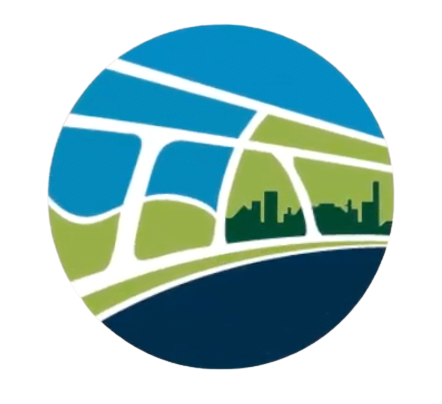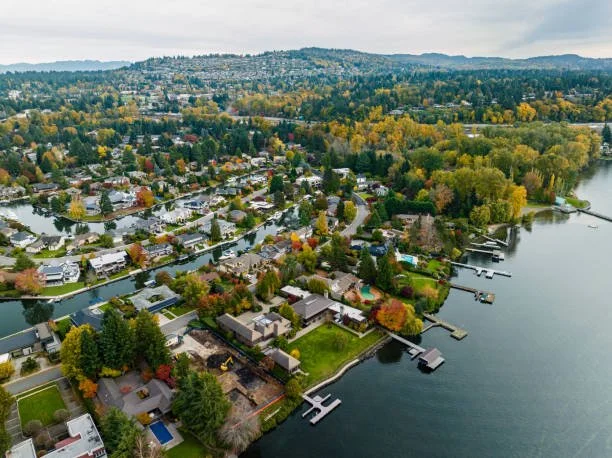About the Regional Transit Safety Task Force
The Regional Transit Safety Task Force is a coordinated response to growing safety concerns across King County’s transit system. Launched by a motion from the King County Council, the Task Force brings together partners from across the region to address safety challenges with urgency, transparency, and shared responsibility.
This is not a typical advisory group. It is an outcome-driven initiative focused on making tangible, measurable improvements to rider and operator safety. The Task Force is working to reduce operator assaults, speed up emergency response, strengthen cross-agency coordination, improve access to behavioral health services, and rebuild public confidence in transit. Every recommendation is shaped by frontline experience and designed for real-world implementation.
The process has unfolded in three phases. First, a regionwide kickoff gathered over 120 stakeholders to identify the most pressing challenges. Second, working groups co-developed solutions that reflect the needs of diverse communities and agencies. The final phase now underway is focused on turning those solutions into action, supported by clear implementation plans and a formal progress report to the King County Council in September 2025.
This is a regional effort to redefine what safety looks like on transit—not just through policy, but through visible, lasting change.
Regional Partners in Safety
The Regional Transit Safety Task Force brings together a broad and diverse group of stakeholders from across the region. Each plays a unique role in shaping a safer and more connected transit system, reflecting the collective effort it takes to make real change possible.
-

Transit Agencies
Public agencies responsible for planning, funding, and overseeing transit systems, such as King County Metro and Sound Transit.
-

Transit Operators
Bus drivers, rail operators, dispatchers, and frontline supervisors who manage daily transit operations.
-

Labor and Union Representatives
Unions and labor leaders representing the interests and rights of transit workers across roles and systems.
-

Law Enforcement and Transit Security
Local police departments, transit-specific law enforcement, sheriff’s offices, and contracted security personnel.
-

Emergency and Crisis Responders
Professionals providing emergency response, crisis intervention, and public safety coordination related to transit.
-

Health and Human Services Providers
Organizations focused on behavioral health, substance use, housing support, and social services.
-

Local and Regional Government Officials
Elected leaders and agency staff from cities, counties, and regional bodies involved in transit, safety, and community services.
-

Community-Based Organizations and Rider Advocates
Nonprofits, advocacy groups, and grassroots organizations that represent riders and reflect the needs of diverse communities.
Join the effort
We’re building a safer transit system through shared action. Reach out to learn how your organization or team can get involved.


